Hasina Walking in Her Father’s Footsteps
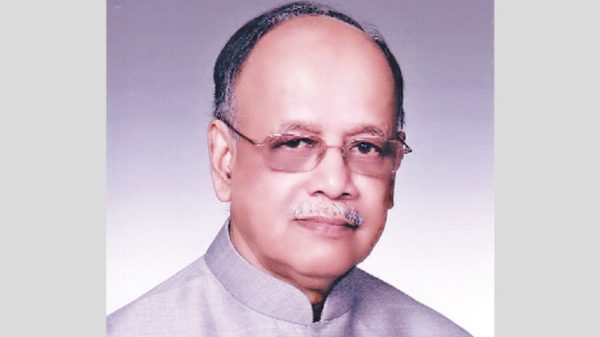
Prime Minister Sheikh Hasina of Bangladesh spoke in person for the 17th time at the 76th annual meeting of the United Nations General Assembly (UNGA) on 25th September 2021. Due to Covid-19 pandemic, the 75th UNGA was held virtually where Sheikh Hasina participated from Bangladesh. Only few Heads of State or Heads of Government attended the 75th session in person. Sheikh Hasina has created a record when it comes to number of meetings in UNGA. Only Malaysia’s former Prime Minster Dr. Mahathir Mohamad has attended and addressed UNGA more than Sheikh Hasina.
The world forum’s meeting which began on 14th September concluded on 27th September. Sheikh Hasina spoke on 25th September as did her illustrious father the Father of the Nation Bangabandhu Sheikh Mujibur Rahman for the first time in UNGA and that too in Bangla. Earlier Bangladesh’s entry into United Nations was blocked by China immediately after Bangladesh emerged as an independent nation in 1972. In August 1972 eleven out of the fifteen members of the UN Security Council voted to recommend membership, 3 abstained and only China voted to oppose the entry. Before the return of the Father of Nation to Bangladesh the acting President of Bangladesh Syed Nazrul Islam appealed to the People’s Republic of China not to stand in the way of rightful admission of Bangladesh into the UN. By that time 85 countries of the world had already recognized Bangladesh. China had herself suffered in the past due to the obstruction by a number of Security Council members. Finally Bangladesh was admitted into the world body on 17th September 1974. In a week’s time Mujib was in New York to address the UN.
Bangabandhu announced in advance that he will address the UNGA in Bangla. However the President of the session, the Foreign Minister of Algeria Abdul Aziz Bouteflike, advised at least on the three different occasions that till then UN did not have the technical support to simultaneously translate Bangla into other recognized languages of UN for the convenience of the audience and so Mujib should address the Assembly in English. But Bangabandhu insisted he will speak in Bangla, the language for which the people of this nation shed their blood in 1952. Bouteflike gave up and allowed Bangabandhu to address the Assembly in Bangla on 25th September 1974. I am not sure whether it is by design or by coincidence that his daughter, the current Prime Minister of Bangladesh addressed the UNGA on the same date 47 years later and of course in Bangla as she has done in all previous occasions.
About 83 Heads of Government or Heads of State addressed this year’s UNGA. Others joined virtually. In 1974 when Bangabandhu walked up to the rostrum, it was one of the most auspicious moments for Bangladesh. Though there were no live telecasts or live broadcast, seventy five million people of the country had their ears glued to international radio like VOA and BBC to listen to the details of the occasions and the contents of Bangabandhu’s speech. It was a time of cold war and the world was politically bi-polar. A group was known for their allegiance to US and the other to former Soviet Union. In the middle were countries which called themselves Non Aligned, a movement (NAM) established in 1961 in Belgrade, Yugoslavia, through an initiative of the then Indian Prime Minister Jawaharlal Nehru, Yugoslav President Josip Broz Tito, Egyptian President Gamal Abdel Nasser, Ghanaian President Kwame Nkrumah and Indonesian President Soekarno. The movement has about 120 states as its members. Though Bangladesh has always been a member of this movement, the movement itself to a great extent currently have become non-functional after the collapse of the former Soviet Union. However, the 18th Summit of the NAM was held on 25th and 26th October 2019 in the city of Baku, Azerbaijan. Bangladesh was represented by its Prime Minister Sheikh Hasina.
On 24th September 1974 Bangabandhu did not focus his attention only on the problems or issues relating to Bangladesh. He spoke for the rest of the world, especially the countries of Africa and Latin America which were still being plundered by colonial powers of Europe. He spoke for the emancipation and independence of Zimbabwe and Namibia, the injustice done to the people of Palestine. Mujib spoke about the growing hunger and poverty in under developed nations and existing inhuman racism in many African countries. Bangabandhu spoke on the plight of the people of Bangladesh and other countries which are regularly ravaged by natural calamities and the roles developed countries could play in helping the suffering people of these countries. He did not forget the post Arab-Israel war oil crisis when the price of oil in the international market rose from US $ 3 to US$ 12 and its devastating effect that was tearing apart the underdeveloped and developing countries. He was very vocal on protecting the Human Rights as per the UN charter and peaceful co-existence among nations. Bangabandhu especially stressed the peace in the sub-continent and said absence of peace only affects common people. He emphasized there is nothing impossible that human being is capable of not doing. One only needs to have confidence on oneself and determination. Tragically the Father of the Nation did not live to address another session of UNGA. Before that on the early morning of 15th August 1975 the killers gunned him down with his entire family in his personal residence in Dhanmondi. Only his two daughters Sheikh Hasina and Sheikh Rehana survived as they were travelling in Europe. Though Bangabandhu was killed he left behind a legacy which his daughter has just enriched over the years. Her father was instrumental in making Bangladesh a member of the world body and he will go down in the history as the person who for the first time delivered his address at UNGA in Bangla. Others just followed him.
In the just concluded 76th UNGA though more than 80 Heads of State or Heads of Government virtually none has spoken which could draw the attention of national international media or audience. The only exception was perhaps the speech of Sheikh Hasina which even the Secretary General of UN António Guterres highly appreciated. He highly praised the development miracle of Bangladesh under the dynamic and visionary leadership of Sheikh Hasina.
On 25th September Sheikh Hasina spoke for about fifteen minutes (the time is pre-allotted) and her entire speech was about 2,000 word long. Her speech focused on six proposals that highlighted important international issues, emphasis being put more on Covid-19 related issues that has been playing havoc in all countries of the world. In her speech she said, “Sadly though, this malaise seems to be here for a while, and therefore, as we had in the past, must come forth with fresh, inclusive, and global ideas to fight this common enemy.” (Official translation)
Hasina pleaded with global powers to ensure universal and affordable access to vaccines for people across the world and said that the vaccines should be treated as public goods and not a monopoly of few rich countries which will create a ‘vaccine divide.’ If such divide continues to plague the poor countries the pandemic will never be eradicated. Africa is in the forefront of this ‘vaccine divide’. Of the six billion vaccine doses administered around the world, only 2 percent has gone to Africa, whose population is 1.2 billion. There are few countries in the continent like Chad which is yet to receive any vaccine. Sheikh Hasina appealed for technology transfer of vaccine manufacture to countries which have the know-how to produce vaccine which includes Bangladesh. As the Chair of the Climate Vulnerable Forum she was very clear on the imminent dangers of climate change and global warning. Hasina did not forget to mention that the pandemic has done an irreparable global damage to education and emphasized on investing on digital technology and tools so that the learners can have easy access to facilities, which may act as ‘damage control’ to the learners who were affected since pandemic hit them. Bangladesh’s Prime Minister ended her speech reminding the global community about the Rohingya crisis, a crisis that Myanmar created while the global community just looked on. She again reminded the global community as did her father about the benefits of peaceful co-existence.
The similarity between the speech made by Bangabandhu in his maiden speech in UN 47 years back and the one made by his daughter in the 76th UNGA meet is apparent. Both the father and the daughter did not confine their speeches on issues relating to their country only but spoke for the rest of the world, the suffering of people and how it could be minimized. Like father like daughter. On 25th September the blood of the Father of the Nation spoke. It was not only the Prime Minister of Bangladesh.
The writer is an analyst and a commentator


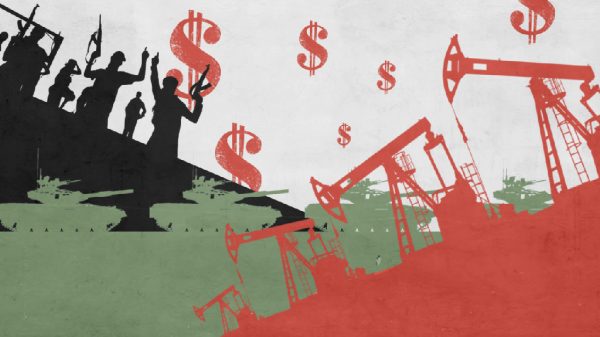
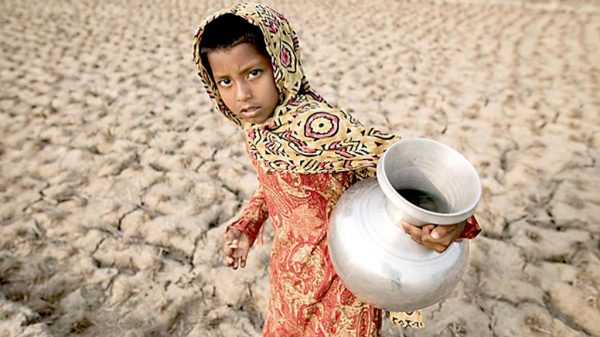
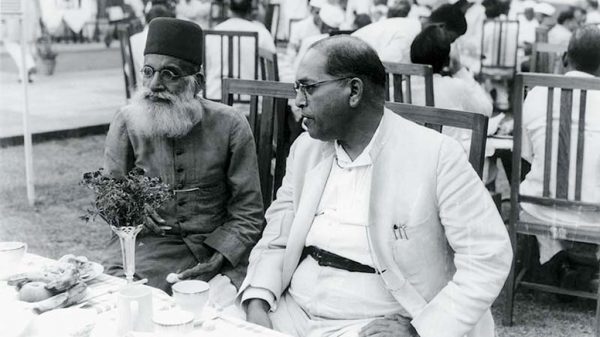
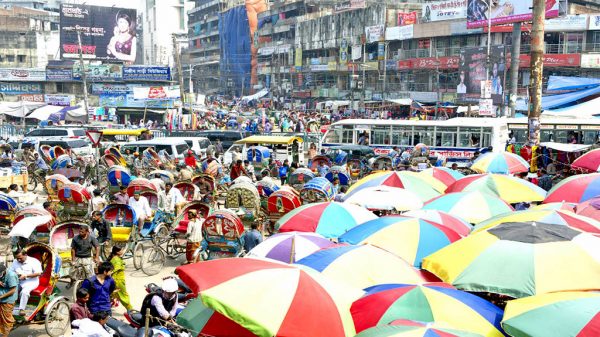
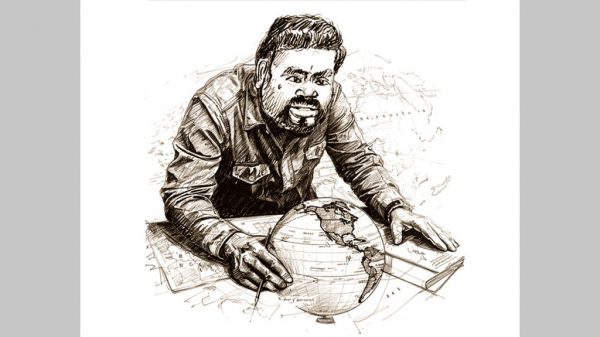
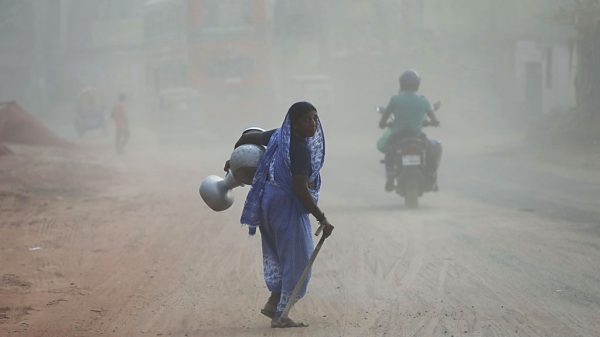





















Leave a Reply